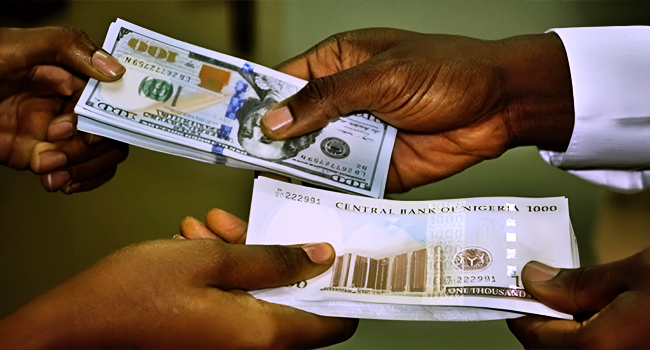The Central Bank of Nigeria (CBN) deployed approximately $669 million in foreign exchange (FX) interventions during the first quarter of 2025 in an effort to stabilize the naira.
According to a report by AIICO Capital Limited, the CBN sold a total of $668.8 million to help cushion the naira against further depreciation amid rising offshore demand for FX and shrinking dollar inflows.
The interventions came at a time when global markets were already unsettled, partly due to sweeping tariffs introduced by U.S. President Donald Trump, which triggered a dip in global stock markets at the start of the week.
To further stabilize the parallel market, the CBN also directed Bureau de Change (BDC) operators to purchase $25,000 each from authorized dealer banks at the official exchange rate.
Despite these efforts, Nigeria’s external reserves declined from a three-year high of $43 billion, impacted by continued dollar sales and debt servicing obligations. The naira still faced significant pressure in March 2025, falling 2.97% over the month—from ₦1,492.49/$ to ₦1,536.82/$—even after the central bank’s injection of $668.8 million into the market.
At the start of March, the official market opened at ₦1,510/$, with demand staying high, particularly from foreign portfolio investors and local businesses. The pressure extended to the parallel market, where the naira depreciated by ₦43.50 to close at ₦1,536.00/$.
While CBN’s mid-month interventions provided a temporary boost in liquidity, supply continued to lag behind demand. By the end of the quarter, the naira remained under pressure and external reserves had declined to $38.31 billion. Overall, the local currency recorded a modest depreciation in the Nigerian Foreign Exchange Market (NFEM) during the first quarter.
